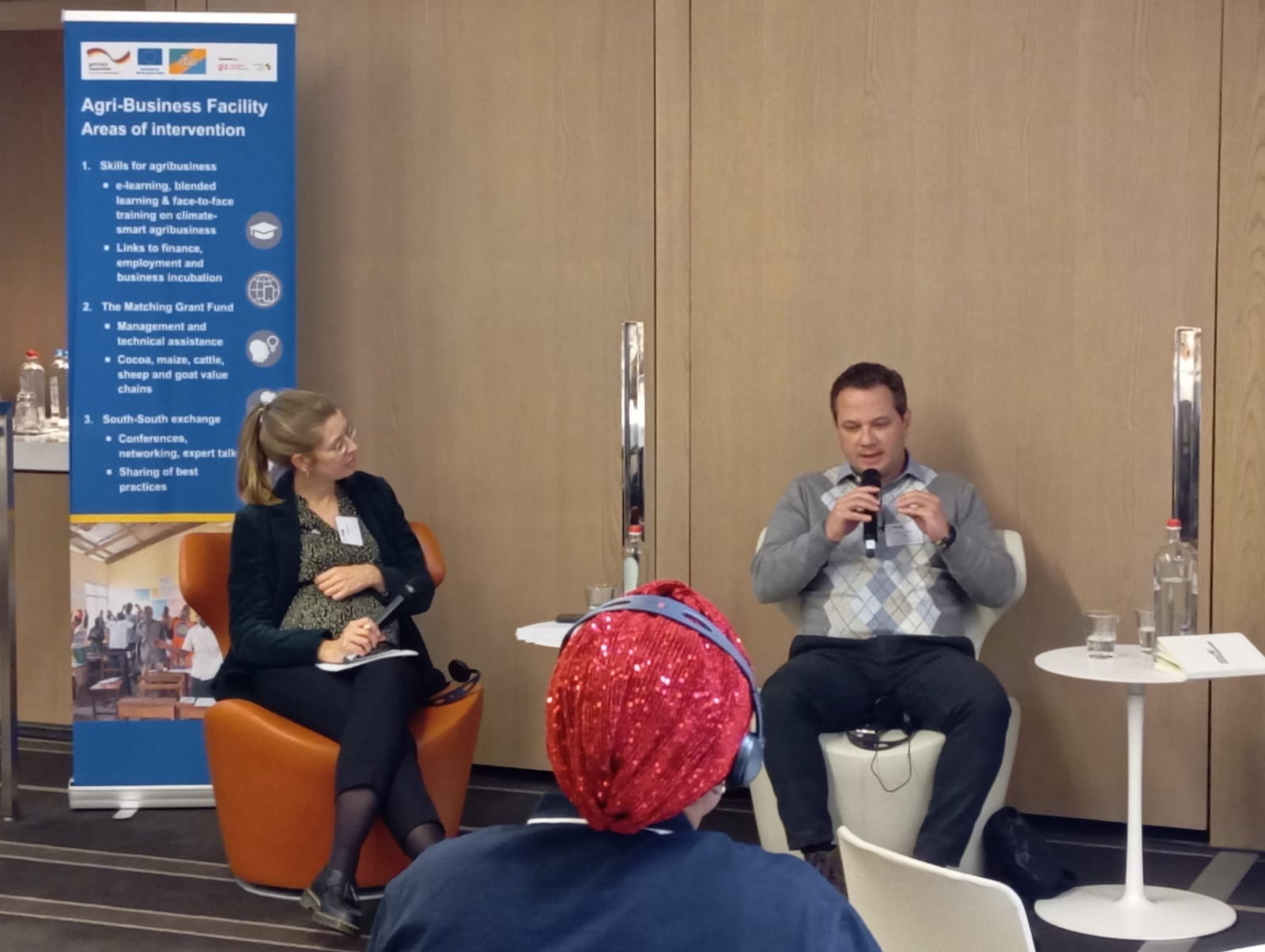Brazilian cocoa production is a remarkable example of innovation and sustainability in the agricultural industry. Currently established on forest-based production systems, such as “cabruca” and agroforestry systems (SAFs), it not only enhances the quality of cocoa beans but also preserves valuable areas of planted forests. In recent years, Brazil has witnessed significant advancements in cocoa productivity, driven by incentives in genetics, productive techniques, and a structured supply chain, constantly striving for greater efficiency and quality.
The World Cocoa Conference
The World Cocoa Conference is a biennial event of paramount importance to the global cocoa industry. Organized by the International Cocoa Organization (ICCO), it gathers leading global producers, experts, and government representatives to discuss the sector’s challenges and opportunities. The most recent conference, held in Brussels, Belgium, was a significant milestone for Brazil, highlighting its growing influence and importance in the cocoa industry.
Guilherme Moura, Director of the Federation of Agriculture and Livestock of the State of Bahia (FAEB), was the Brazilian delegate at the conference and emphasized the importance of the country’s presence, stating that “Brazil is in a privileged position in cocoa production and can be an important alternative to meet global demand.”

Brazilian Potential in Focus
Brazil’s active role in the World Cocoa Conference shows not only its potential as a producer but also its commitment to sustainable practices and innovation in the industry. Through its innovative agricultural practices, such as agroforestry systems, Brazil has emerged as a leading player in cocoa production. This sustainable approach ensures the quality of the cocoa produced and promotes environmental conservation and the development of local communities.
Following the conference, a South-South meeting was held, in which cocoa producers from major countries in the Americas, Africa, and Asia gathered to discuss production-related issues and the challenges the cocoa industry faces. Guilherme Moura took part in this meeting, representing Brazil in a panel with four African countries. “It was a unique opportunity to showcase how Brazil produces cocoa sustainably and to discuss joint solutions for global cocoa production challenges,” Moura highlighted.
Economic Importance
Cocoa is vital to the Brazilian economy, especially for small and medium-sized farmers. Sustainable cocoa production not only contributes to environmental preservation but also creates jobs and fosters economic development in rural areas. Brazil’s ability to increase productivity and expand cultivation areas sustainably reflects its potential to meet the increasing global demand.
With improved agricultural practices and a commitment to sustainability, Brazil is well-positioned to become a leader in the global cocoa industry. Participation in international events like the World Cocoa Conference reinforces this potential and highlights Brazil’s importance in the global supply chain.